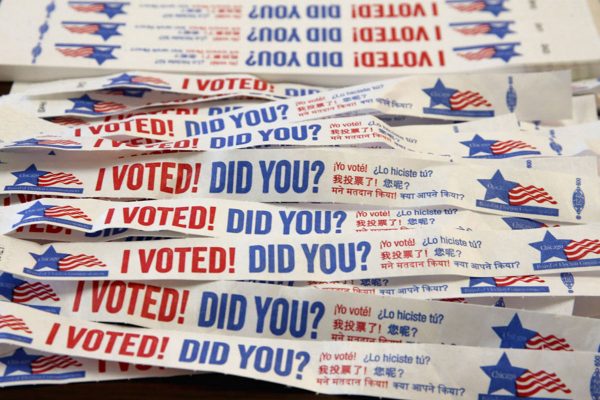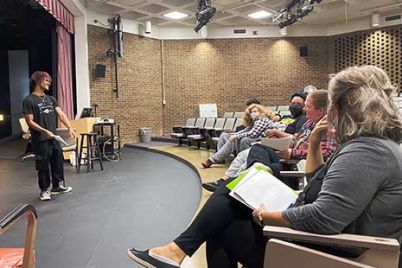
Don’t let your vote go to waste this election; hit the polls March 10. Tribune Media
Editorial
The United States guarantees its citizens the right to vote, but for many of us, it didn’t come easily—and even today, that right has an asterisk next to it for some people.
100 years ago this August, the 19th Amendment granted women in the U.S. the right to vote after a long battle of the women’s suffrage movement. During Black History month, we can’t forget that it was only 55 years ago that the Voting Rights Act of 1965 passed, finally making strides to eliminate the legal barriers that prevented African Americans from voting.
And yet, in Washtenaw County, the voter turnout rates for non-primary and general elections can be as low as less than 10%, according to Washtenaw County’s election results report.
In the November 2016 general election, turnout rates in the county surged to 66.44%; but mere months before that in the primary, only 39.85% of registered voters took to the polls.
Are we letting our right to vote go to waste?
Some choose not to vote because they don’t believe in the structure of the system—and it’s easy to see why: regardless of political alignment, it can be confusing to watch a candidate win the popular vote but lose an election because of the electoral college.
Despite a shake of faith, we shouldn’t let our vote fall to the wayside. As voting becomes easier, with greater accessibility through absentee ballots—allowing you to literally vote from home—there’s little excuse for low turnout rates.
Vote for those who can’t
We must remember not everyone in this country has the right to vote. In only two states—Maine and Vermont—can an incarcerated felon vote, according to the National Conference of State Legislatures, or NCSL.
Michigan is one of 16 states that only eliminates the right for an individual with a felony conviction to vote while they’re actually incarcerated, according to the NCSL. The other 32 states either require a waiting period after release or completion of probation or parole before the right is restored, or the right is removed indefinitely, sometimes requiring additional action—like a governor’s pardon.
Undocumented immigrants also don’t have the right to vote, and although they are not U.S. citizens, they may still experience the consequences of politics in this country.
And lastly, those under 18 cannot vote. So, when exercising your right to vote, consider that you aren’t just casting it for yourself, but for those in your life who do not have that power.
Local matters, too
Local elections can be just as important as national ones, and oftentimes you’ll feel the impact of local decisions more directly; it’s often the local elections where your vote means the most. If we know that national politics start with local ballots, why do so many of us opt out of our civic duty? Don’t skip out on the local polls just because the race is more exciting in November. It’s your county, your community and your way of life that’s on the ballot.
Is it enough just to vote?
Voting is a small but incomplete way of making our voices heard, and it shouldn’t end there. We must engage with our community, uphold justice and practice activism in tangible ways every day—not just when we get a sticker for it.


